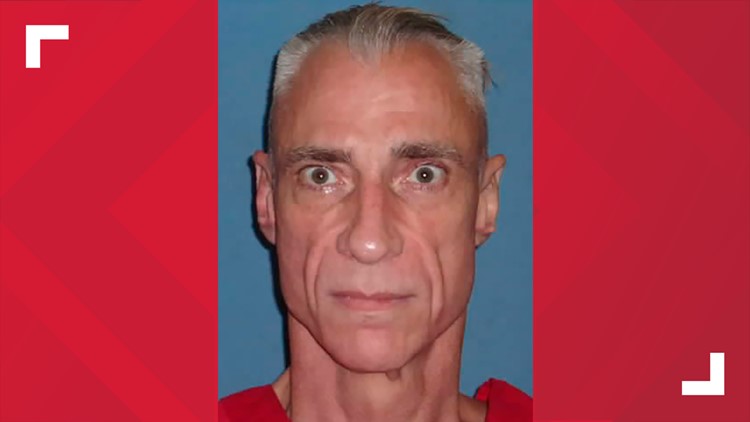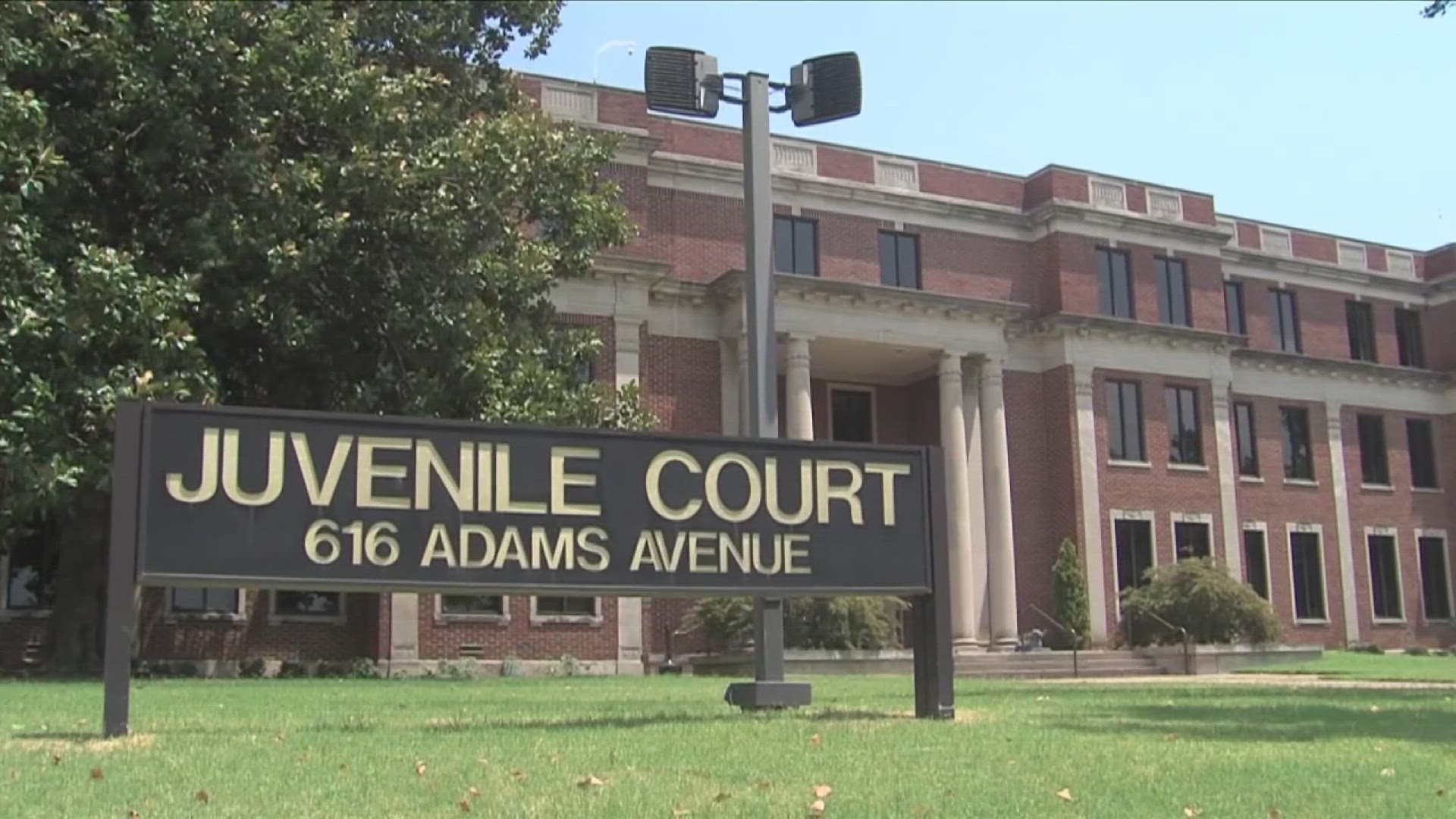JACKSON, Miss — A federal judge has ruled that he will not block Mississippi from carrying out with next week's scheduled execution of an inmate who is suing the state over its use of three drugs for lethal injections.
Thomas Edwin Loden Jr., 58, faces a Dec. 14 execution date, which was recently set by the Mississippi Supreme Court.
U.S. District Judge Henry Wingate handed down a ruling late Wednesday, saying Loden's execution can happen even while the lawsuit is pending. The Associated Press left phone messages for two of Loden's attorneys Thursday, asking whether Wingate's ruling would be appealed. Those calls were not immediately returned.
Loden has been on death row since 2001, when he pleaded guilty to capital murder, rape and four counts of sexual battery against a 16-year-old girl.
Attorneys for the Roderick & Solange MacArthur Justice Center sued the Mississippi prison system on behalf of two death row inmates in 2015, saying the state's lethal injection protocol is inhumane. Loden and two other Mississippi death row inmates later joined as plaintiffs.
Mississippi carried out its most recent execution in November 2021, and that was the state's first in nine years.
The Mississippi Department of Corrections revealed in court papers in July 2021 that it had acquired three drugs for the lethal injection protocol: midazolam, which is a sedative; vecuronium bromide, which paralyzes the muscles; and potassium chloride, which stops the heart.
Mississippi Corrections Commissioner Burl Cain said the drugs listed in the court records were the ones used for the execution in 2021. He would not say where the department obtained them. Cain said in a sworn statement Nov. 30 that the state has sufficient quantities of the three drugs for another execution.
Mississippi and several other states have had trouble finding drugs for lethal injections in recent years since pharmaceutical companies in the United States and Europe began blocking the use of their drugs for executions.
Jim Craig, a MacArthur Center attorney, told Wingate during a Nov. 28 hearing that since 2019, only Alabama, Oklahoma, Mississippi and Tennessee have conducted executions using a three-drug protocol. Gerald Kucia, a Mississippi special assistant attorney general, told Wingate during the hearing that the U.S. Supreme Court has never blocked a method of execution.
Wingate wrote in his ruling that the U.S. Supreme Court had upheld a three-drug lethal injection protocol as recently as seven years ago in a case from Oklahoma.
"Importantly, the State of Mississippi executed David Neal Cox approximately one year ago, using a three-drug midazolam protocol," Wingate wrote. "This court has before it no evidence that the State incurred any problems in carrying out Cox's execution using its lethal injection protocol."
According to the Death Penalty Information Center, 27 states have the death penalty. Craig said a majority of death-penalty states and the federal government used a three-drug protocol in 2008, but the federal government and most of those states have since started using one drug.
Craig also pointed out that Alabama Gov. Kay Ivey recently sought a pause in executions. Ivey ordered a "top-to-bottom" review of the state's capital punishment system after an unprecedented third failed lethal injection.
Mississippi court records show Loden kidnapped Leesa Marie Gray, who was stranded on the side of a road in northern Mississippi's Itawamba County on June 22, 2000. The records said Loden spent four hours repeatedly raping and sexually battering Gray before suffocating and strangling her to death.
Gray disappeared on her way home from working as a waitress at her family's restaurant in the Dorsey community. Prosecutors said she was last seen driving out of the restaurant parking lot. Relatives found her car hours later with her purse still inside and the hazard lights flashing.



